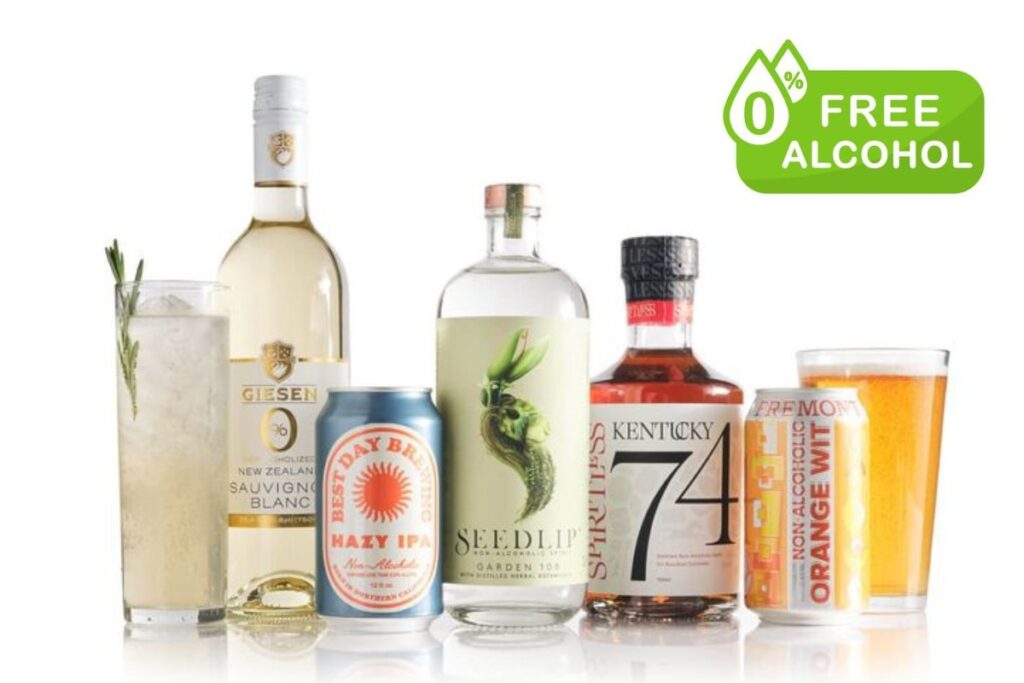In recent years, there has been a growing demand for alcohol alternatives, with health-conscious Americans leading the trend. Beverage makers are taking advantage of this by emphasizing the health benefits of their products, from offering a hangover-free social experience to promoting better sleep and improving mental clarity.
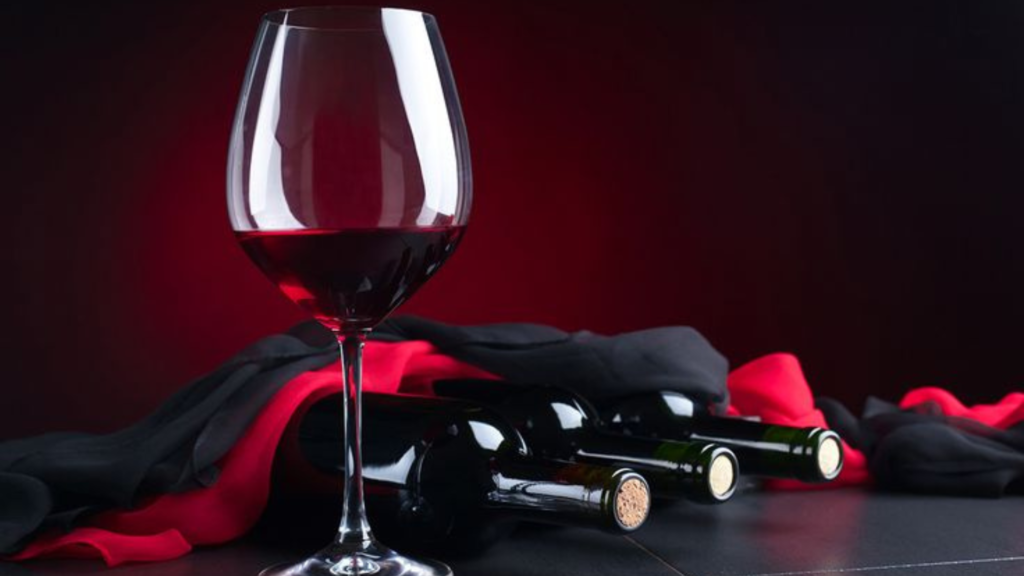
With nonalcoholic drinks emerging as the next big thing in the beverage industry, this shift in the drinking culture is a reflection of a broader movement towards health, wellness, and mindful consumption.
The Rising Demand for Nonalcoholic Drinks
Over 40% of Americans, up from 34% in 2023, say they are attempting to cut back on their alcohol intake in 2024. Among Generation Z, this percentage rises to 61%.
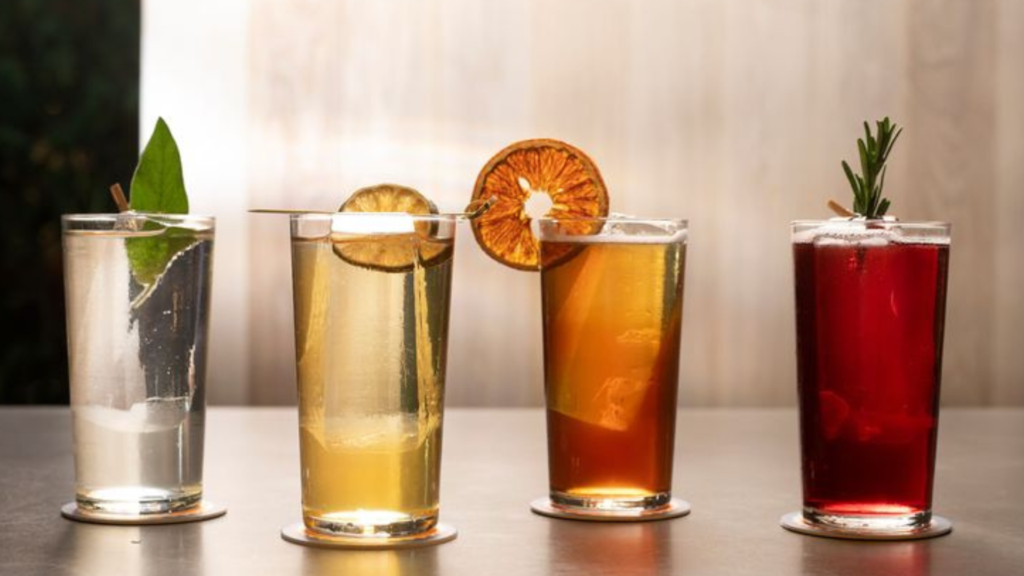
According to Sherry Frey, a wellness expert at Nielsen IQ, interest in nonalcoholic drinks has increased as younger consumers become more health conscious and older generations that typically drink more frequently become less so. This has contributed to the rise of so-called “functional beverages.”
Global Rise of Nonalcoholic Drinks Post-Pandemic
Nonalcoholic drinks are drinks that aim to go beyond hydration or the nostalgic taste of alcohol. These drinks often include adaptogens, herbs for health benefits, or THC for mood enhancement. Their surge began after the pandemic, expanding from grocery stores to restaurant and bar menus.
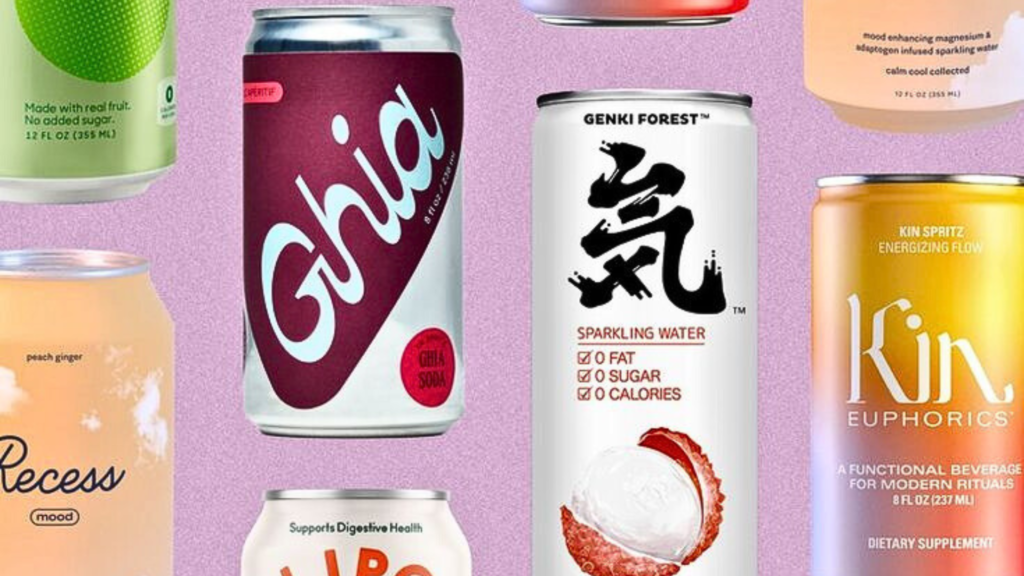
According to 2022 research by Euromonitor, the global market for nonalcoholic drinks is projected to reach $249.5 billion by 2026, which reflects consumers’ increasing interest in healthier, multifunctional drink options.
ALSO READ: How Athletic Brewing Is Leading the Non-Alcoholic Beer Boom With a $50 Million Investment
What Are the Benefits of Drinking Nonalcoholic Drinks?
Nonalcoholic drinks offer a range of benefits, which makes them a desirable option for people trying to live healthier lives. They provide the social experience of drinking without any of the negative consequences of alcohol, such as hangovers or impaired judgment.
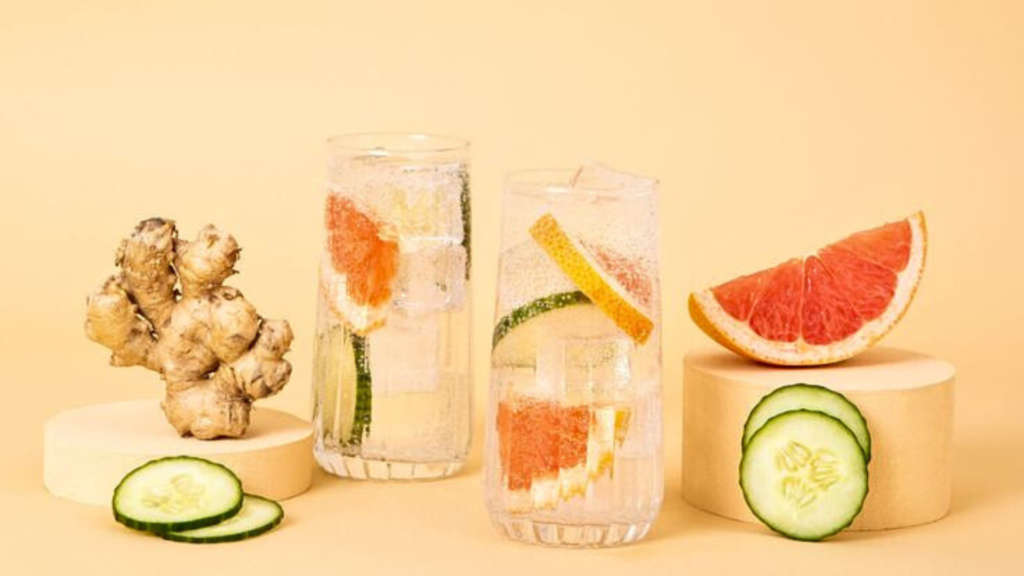
Nonalcoholic drinks are also frequently lower in sugar and calories, making them suitable for weight management. In addition to improving sleep quality, mental clarity, and general well-being, they contribute to a more balanced lifestyle.
Are Nonalcoholic Drinks Healthy?
For people who want to cut back on their alcohol consumption, nonalcoholic drinks might be a healthy alternative in place of traditional alcoholic drinks. Many nonalcoholic options are made with natural ingredients, have less sugar, and add additional vitamins, making them a healthy choice.
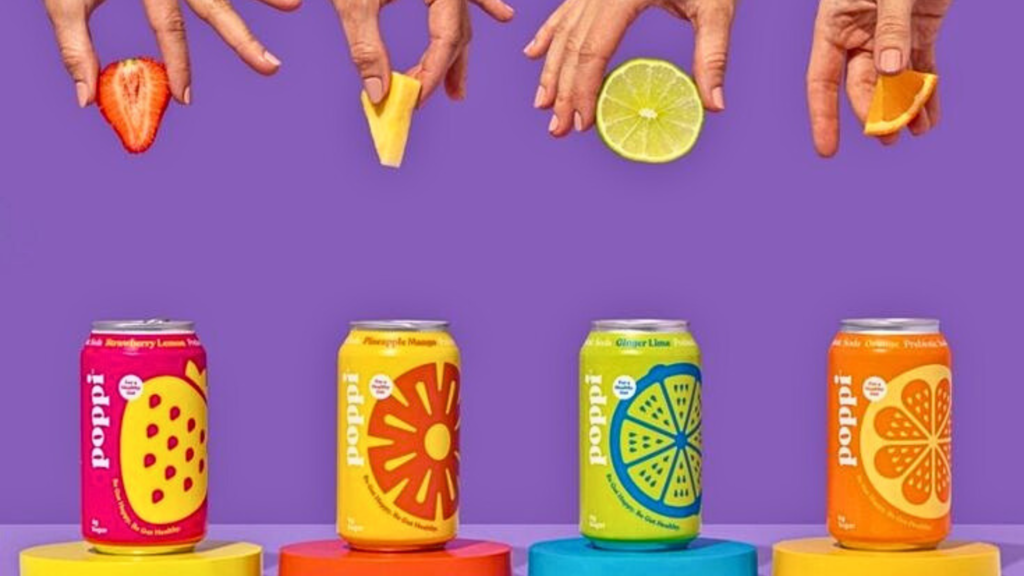
But it’s still essential to read labels because even nonalcoholic drinks might have a lot of sugar or artificial ingredients. They are a better choice for people who are conscious of their alcohol intake.
U.S. Nonalcoholic Beverage Sales Surge
According to Nielsen IQ, in the 52 weeks ending March 30, nonalcoholic drink retail sales in the United States exceeded $9 billion, accounting for roughly 10% of all beverage sales. Even with this development, around 80% of consumers who buy nonalcoholic drinks also buy alcoholic drinks, indicating that the consumption of alcohol remains strong.
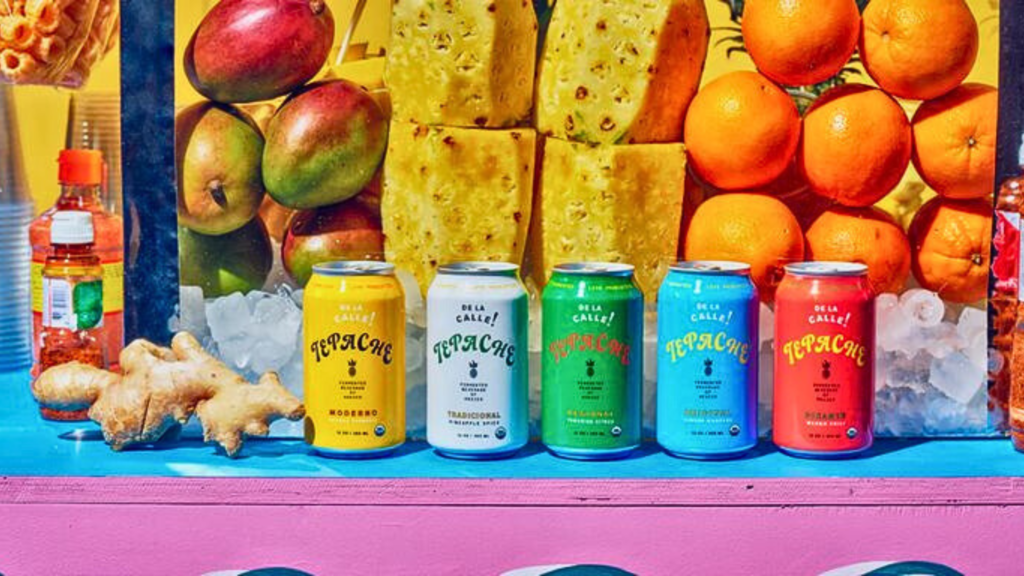
This trend indicates that while health-conscious choices are on the rise, they complement traditional alcohol consumption rather than completely replacing it.
Are Non-Drinkers Healthier Than Drinkers?
Studies suggest that non-drinkers may enjoy better overall health compared to regular drinkers. People who don’t consume alcohol are generally less likely to suffer from alcohol-related illnesses such as liver disease, certain cancers, and heart problems.

Given that drinking can make anxiety and sadness worse, they also tend to have better mental health. While occasional research suggests that moderate alcohol consumption may have some health benefits, giving up alcohol often promotes a healthier, more stable lifestyle.
What Are the Health Benefits of Alcoholic Drinks?
While nonalcoholic drinks are becoming more and more popular, it’s important to remember that moderate alcohol use has been associated with many health advantages. For instance, resveratrol, an antioxidant known to be heart-healthy in red wine, may help lower the risk of heart disease.
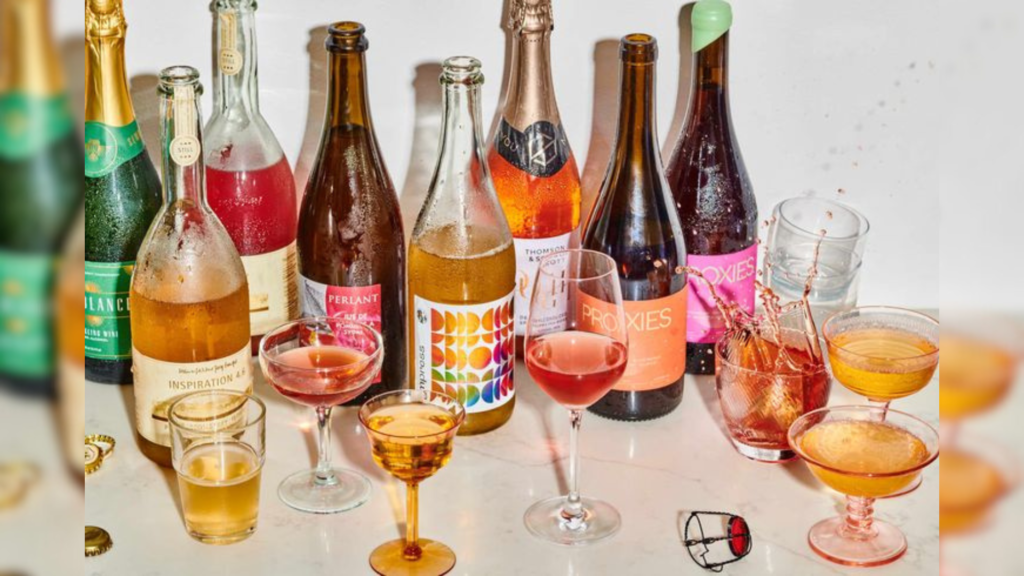
Additionally, moderate alcohol use may improve relaxation and social bonding. However, the potential benefits must be weighed against the risks of alcohol-related health issues.
Why Consumers Are Shifting Towards Health-Conscious Drinking
The demand for nonalcoholic drinks is being driven by health-conscious consumers who are seeking balance and well-being. An increasing number of people are deciding to cut back on or give up alcohol because of concerns about their diet, mental health, and physical health.
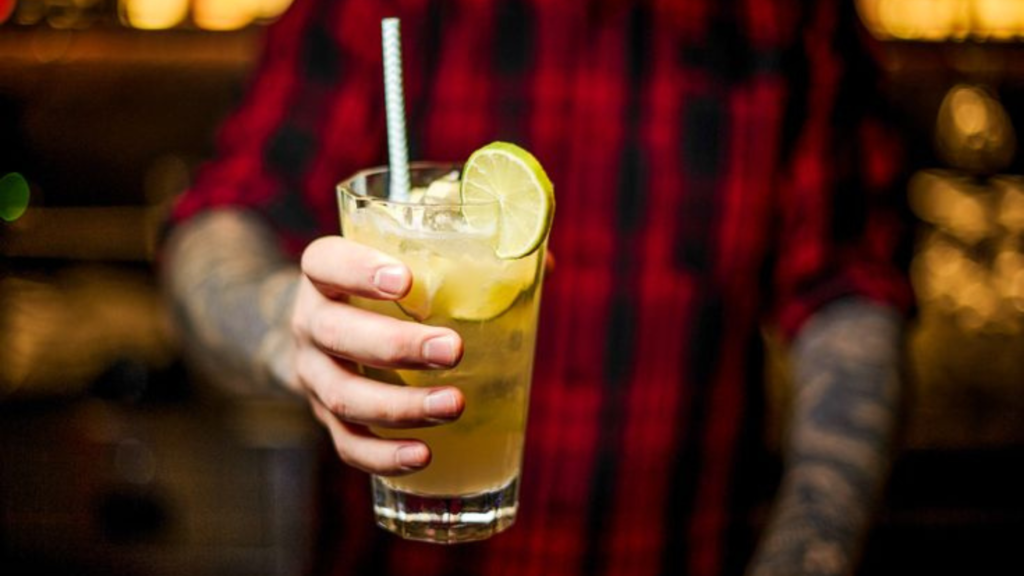
This change indicates a broader shift in consumer preferences toward holistic health, where consumers prioritize products that align with their values of sustainability, transparency, and long-term health benefits.
ALSO READ: Here Are 10 Red Flags That Show That a Bar Has Bad Drinks
How Nonalcoholic Drinks Are Catering to Diverse Tastes
The market for nonalcoholic drinks has grown to accommodate diverse tastes and preferences. Every palette has a nonalcoholic option, ranging from wines and spirits without alcohol to craft brews and mocktails.
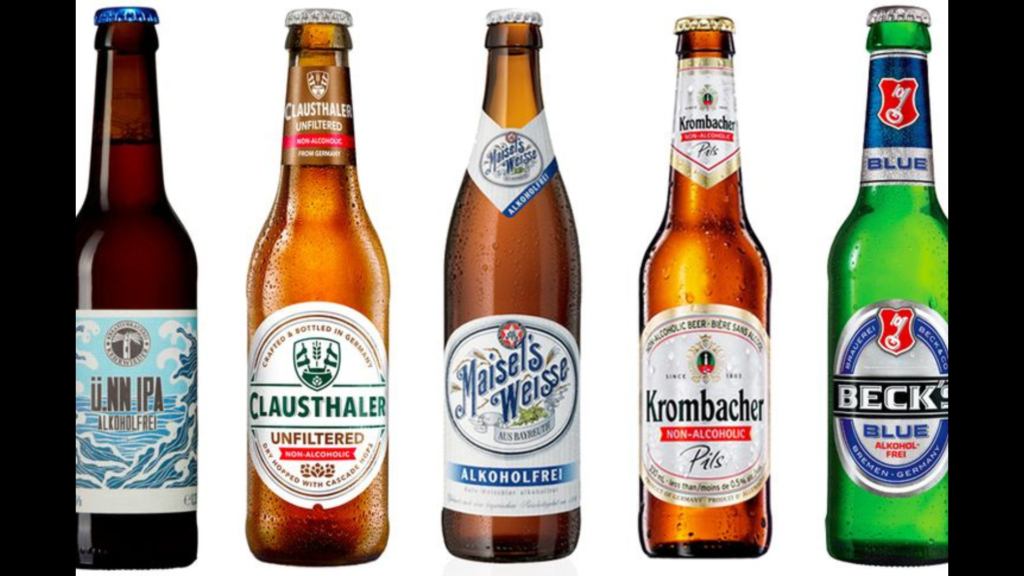
Because of this variety, customers can still enjoy their favorite flavors and experiences without the adverse effects of alcohol. The beverage industry is seeing an exciting rise in nonalcoholic drinks as more creative and tasty options become available as the market expands.
Nonalcoholic Drink Makers Emphasize the Mental Health Benefits
Mental health is a significant factor driving the popularity of nonalcoholic drinks. With these drinks, people can keep enjoying the social side of drinking without having to worry about it negatively affecting their mental health. Avoiding alcohol can help consumers feel less depressed and anxious and have better sleep.
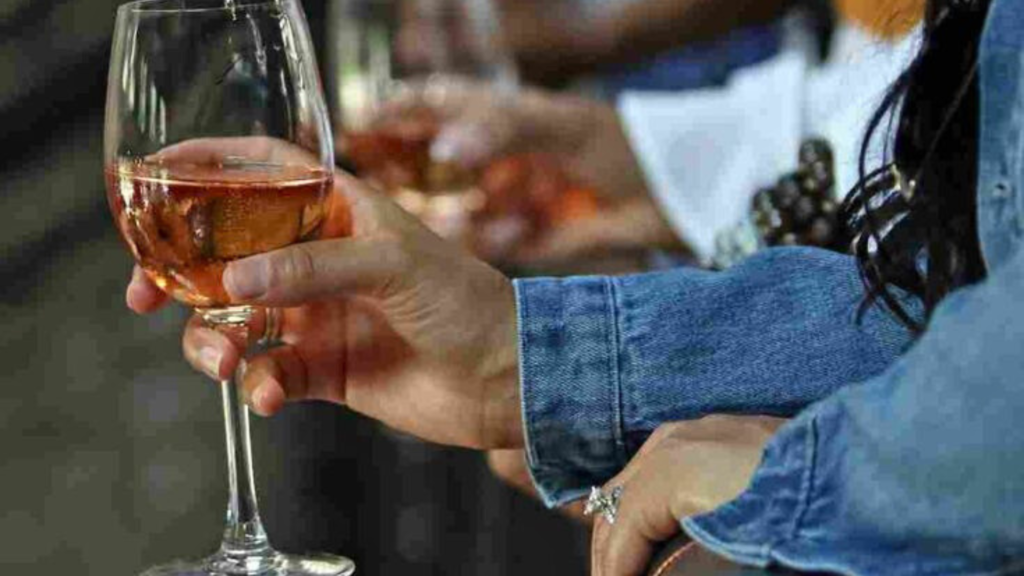
Producers of nonalcoholic drinks are drawing attention to these advantages for mental health to appeal to a generation that values emotional stability and overall health.
How Nonalcoholic Drinks Fit Into the Broader Health and Wellness Industry
The nonalcoholic drink trend aligns with the broader health and wellness industry, emphasizing balance, mindfulness, and long-term well-being. These drinks complement other wellness practices like exercise, healthy eating, and self-care.
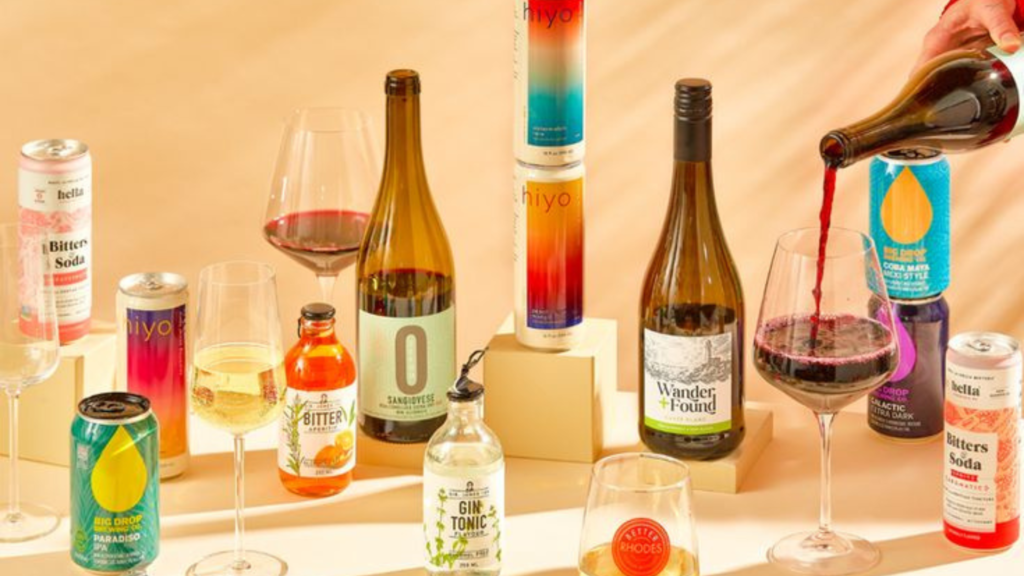
As consumers look for products that help them achieve their health goals, nonalcoholic drinks are becoming an essential part of a holistic approach to living well. This synergy between wellness and alcohol-free options drives sustained growth in the industry.
You Might Also Like:
Why Walgreens and CVS Are Struggling — and Their Plans to Turn It Around
Harris Advocates for Expanded Child Tax Credit of Up to $6,000 for Families with Newborns
China’s Bond Market Intervention Signals Growing Concerns Over Financial Stability
Goldman Sachs Lowers U.S. Recession Odds to 20% Following Retail and Jobs Data
Incoming CEO Brian Niccol Faces the Challenge of Fixing Starbucks’ Mobile App Issues

